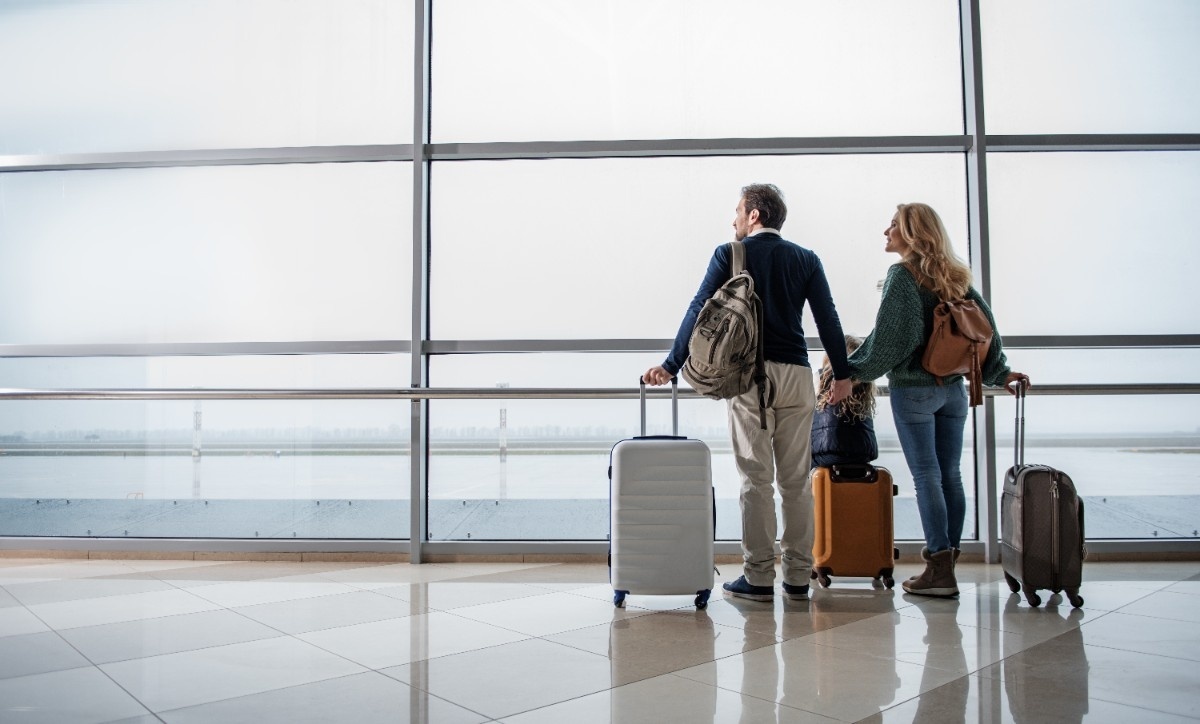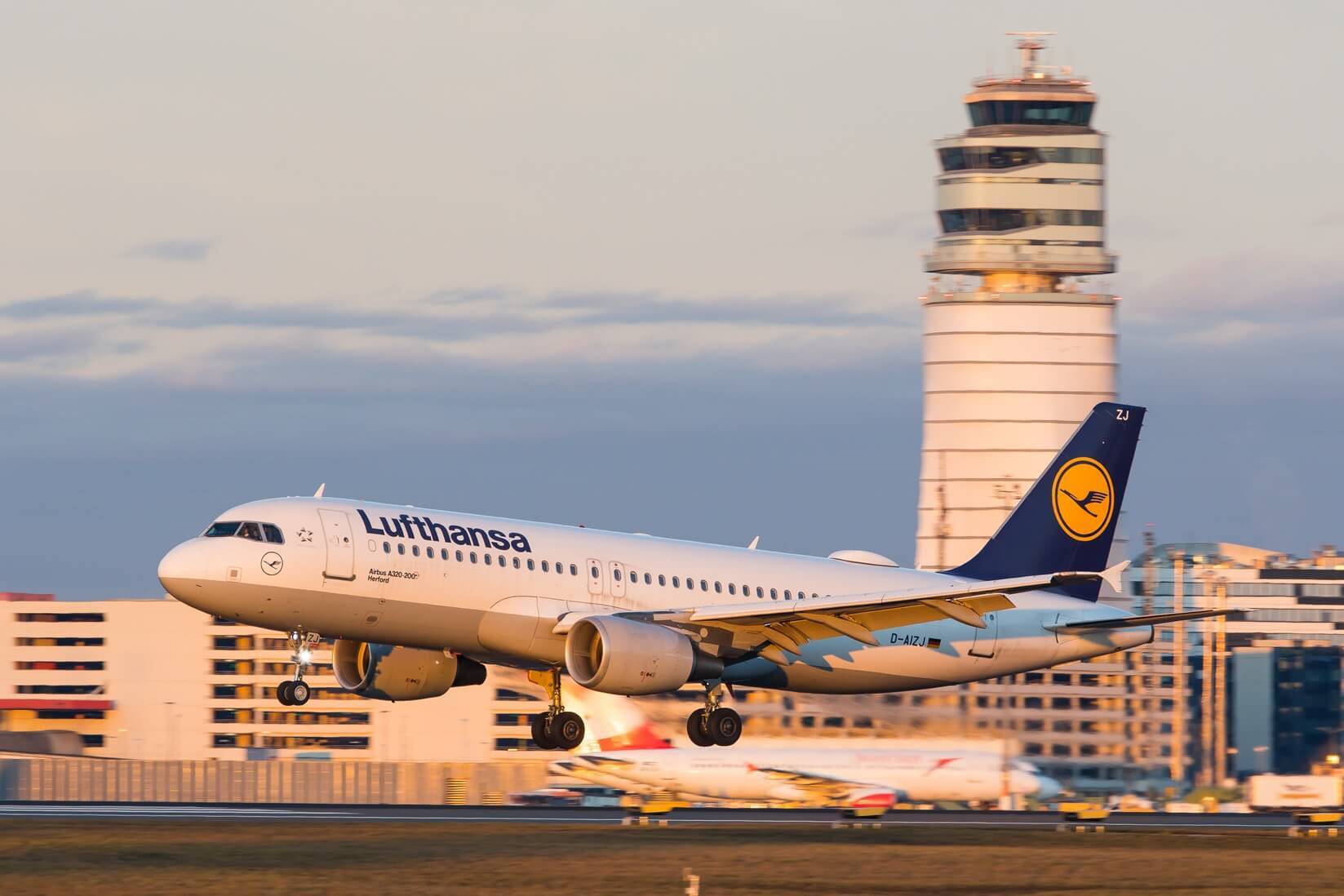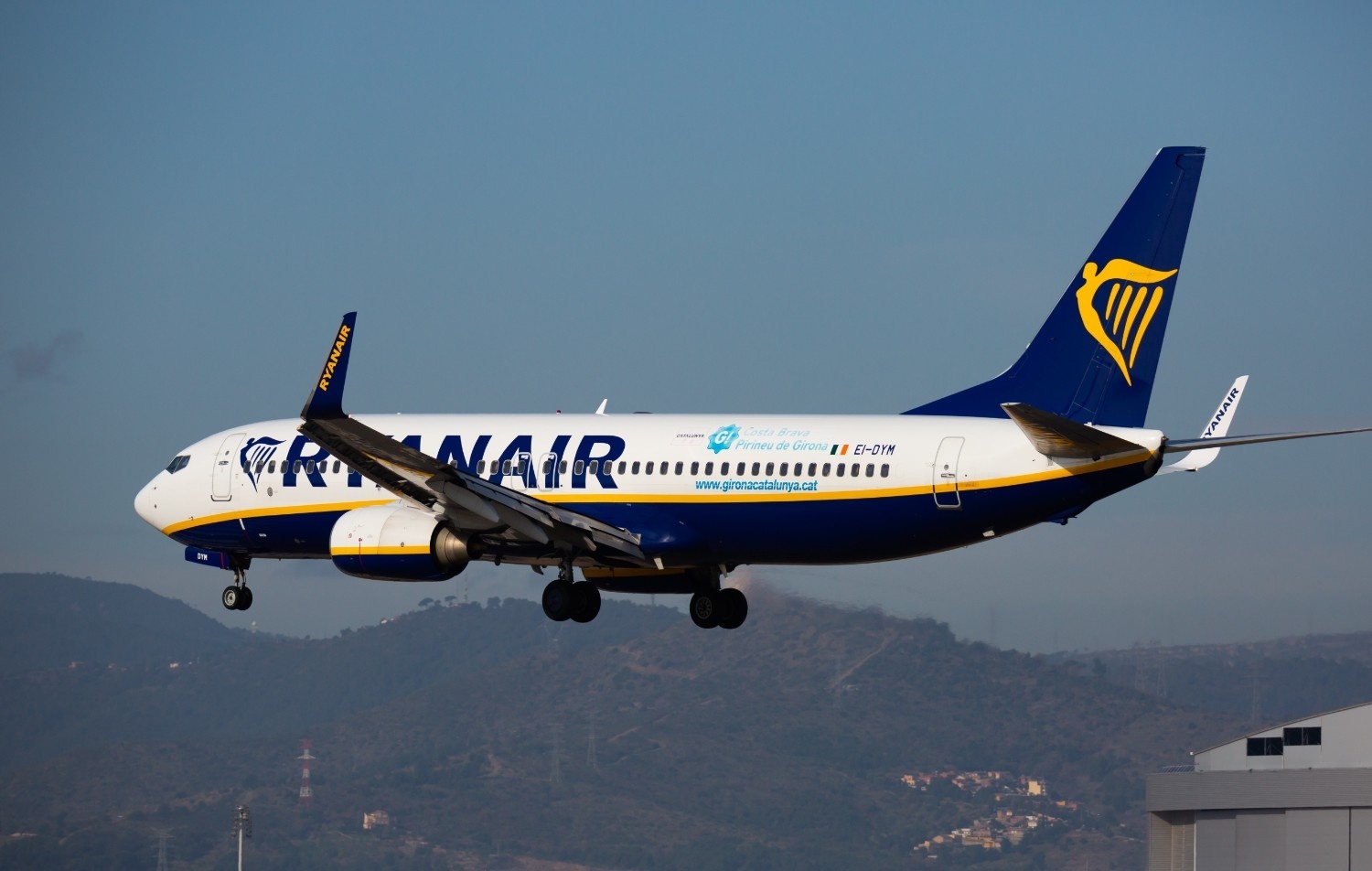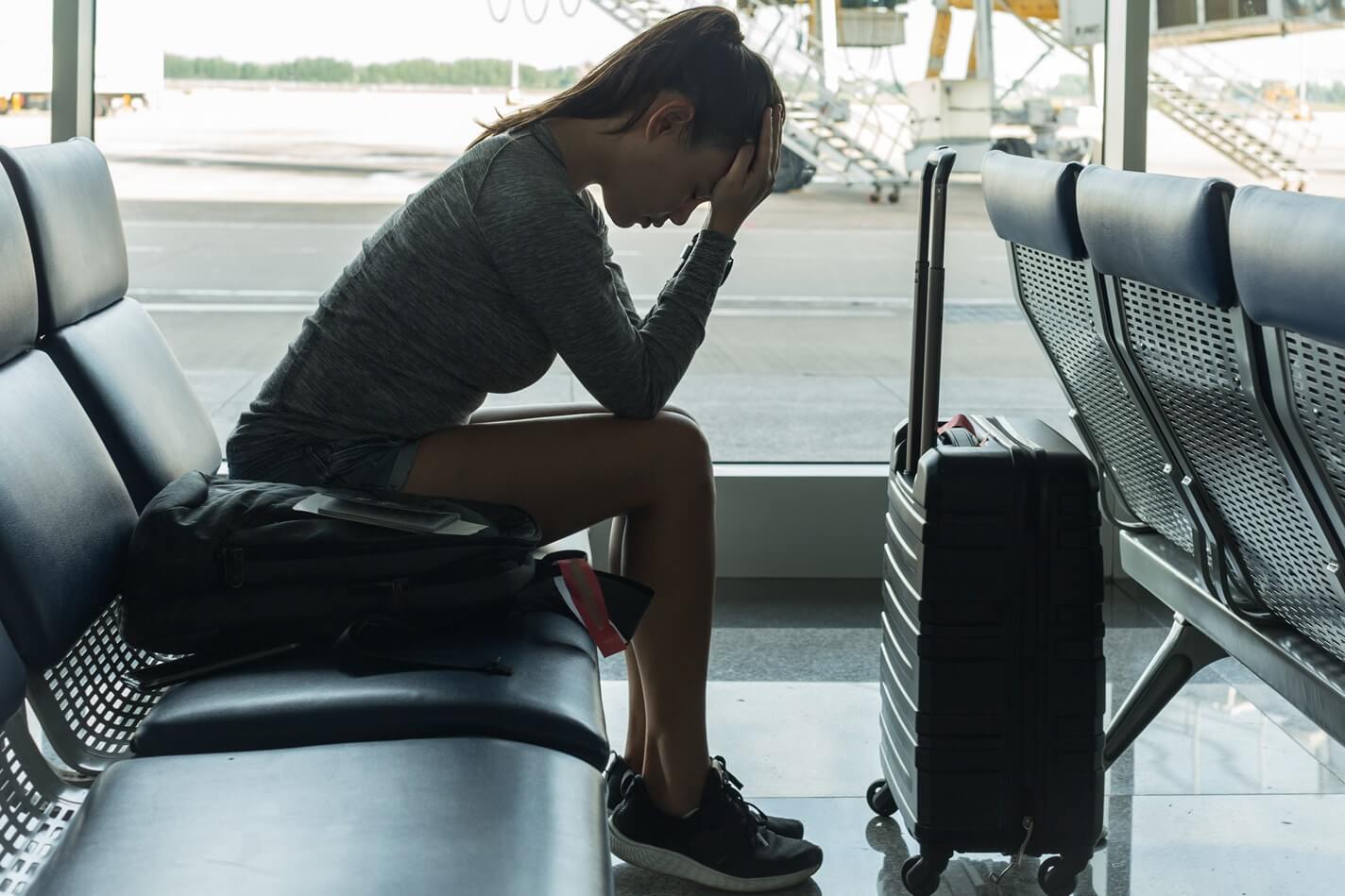Could a flight delay cost you your job or career?

Flight delays and cancellations are more than an inconvenience with financial implications for experienced people in experienced business. This is indeed an aspect that is widely discussed in civil society. However, in the context of this part, we will not attach importance to the compensation aspect in terms of money. The point is that the new reality of flight delays poses a risk can do more ’harm to your career than you ever anticipated. An upgraded flight can lead to a series of professional adverse events in various ways – beyond lost hours opportunities, they include damaged reputations and lost jobs. Therefore, the flight can seriously threaten your career.
The consequence of a flight delayed is usually not limited to the walls of the airport terminal. The business traveller works on a tight schedule, missing one appointment can disrupt weeks of planning.
There are so many high-stakes scenarios in business where a late flight could throw a wrench into professional progress:
• Missing a job interview: Interviews are notoriously difficult to reschedule, particularly for competitive positions. Even missing an interview because of events beyond your control can lead to that interview being given to someone else.
• Missing a meeting with a client: If you're flying to seal a deal or pitch a potential client, showing up unannounced can look sloppy, even if the reason is a delayed flight. It doesn’t help that it can be perceived by clients as unreliability.
• Missing a conference or keynote: If you know you should be speaking or your company should be represented at a significant industry event, your absence can damage the brand of both you and your company.
• Being late to start a new job: Starting off running behind even if it’s due to a weather-related flight delay can start your new job off with a less-than-great impression.
• Return from business travel got pushed back: For those who are balancing deadlines or are leaders, even a short delay can throw a project out of whack and leave the rest of the team scrambling.
Real-world consequences
Over 43 percent of frequent business travellers had experienced “significant negative professional consequences” because of a flight delay or cancellation, according to a 2022 survey of business travel conducted by a business travel association. These consist of losing customers, getting demoted, and not getting promoted.
No matter how understanding employers and clients might be, the fact remains that business is built on reliability. For better or worse, the no-show risks appearing unprepared, chaotic, or not as committed.
Legal protections vs. professional consequences
In some areas, such as the EU, passengers have rights to monetary compensation for delayed or cancelled flights under laws such as EU261. Travel costs may be defrayed, but it doesn’t repair professional fallout. There currently isn't any regulation to compensate for loss of job offers, clients or resulting reputational damage.
This disparity underlines the urgent requirement for more universal discussions of the true cost of travel disruption, particularly in relation to business.
How to manage risk like the pros
Although it is impossible to control flight schedules or the weather, professionals have strategies they can use to reduce the risks:
1. Build in buffer time: Whenever you can, come to important outings one day in advance. This provides a buffer in case of an interruption.
2. Schedule morning flights: Morning flights have a lower statistical probability of getting delayed. They provide more options for rebooking should something go awry.
3. Business travel insurance: A few policies offer benefits specifically targeted to the professional, like reimbursement for lost income or emergency business services.
4. Have digital options: Make sure you have access to mobile hot spots, presentation backups and conferencing software in the event that you have to present online.
5. Keep the lines of communication open: If there is a delay, let relevant stakeholders know right away and suggest other options (for example, participating by video or sending materials beforehand).
6. Employ flight tracking apps: These can alert you to cancellations or allow you to rebook before the system is flooded by other travellers.
What employers can do
• Adopt practical travel policies: Don’t pack your schedule with tight travel and no slack for delays.
• Line up backup presenters or contacts: For mission-critical meetings, a second source is an insurance policy to keep the business running.
• Mind the metaphor: Be sympathetic: recognize that travel being a mess is not your employee’s fault and request flexibility from partners or clients.
As the airline industry becomes more digital and automated, there is an opening to advocate not only for more comprehensive passenger protections not just compensation for delays, but recognition of the broader effects those delays can have. This could mean reputational harm, income loss, and career setbacks.
Simultaneously, companies need to take heed to the fact that air travel is a high-risk dependency and must be treated as such in strategic planning.
Perhaps a flight delay is only a temporary annoyance, but for the business crowd, the repercussions can be long-term. Careers can be built on moments and miss the moment that is right for you because of a grounded plane, and you can change your trajectory in a way that no refund can fix.
In a world where time is money and presence is power, being grounded at the wrong moment can cost more than a ticket it can cost you a chance, a promotion, a dream job. And yet it’s time we begin treating flight delays not simply as logistical headaches, but as potentially job-jeopardizing snags worthy of attention and planning.
Latest posts
Flight delays and cancellations in July 2025
Check which flights were delayed in July 2025 – you may still be entitled to claim up to 600 € in compensation.
Flight cancellations and delays in March 2024
Check which flights were delayed in March 2024 – you may still be entitled to claim up to 600 € in compensation.
Flight cancellations and delays in February 2024
Check which flights were delayed in February 2024 – you may still be entitled to claim up to 600 € in compensation.












